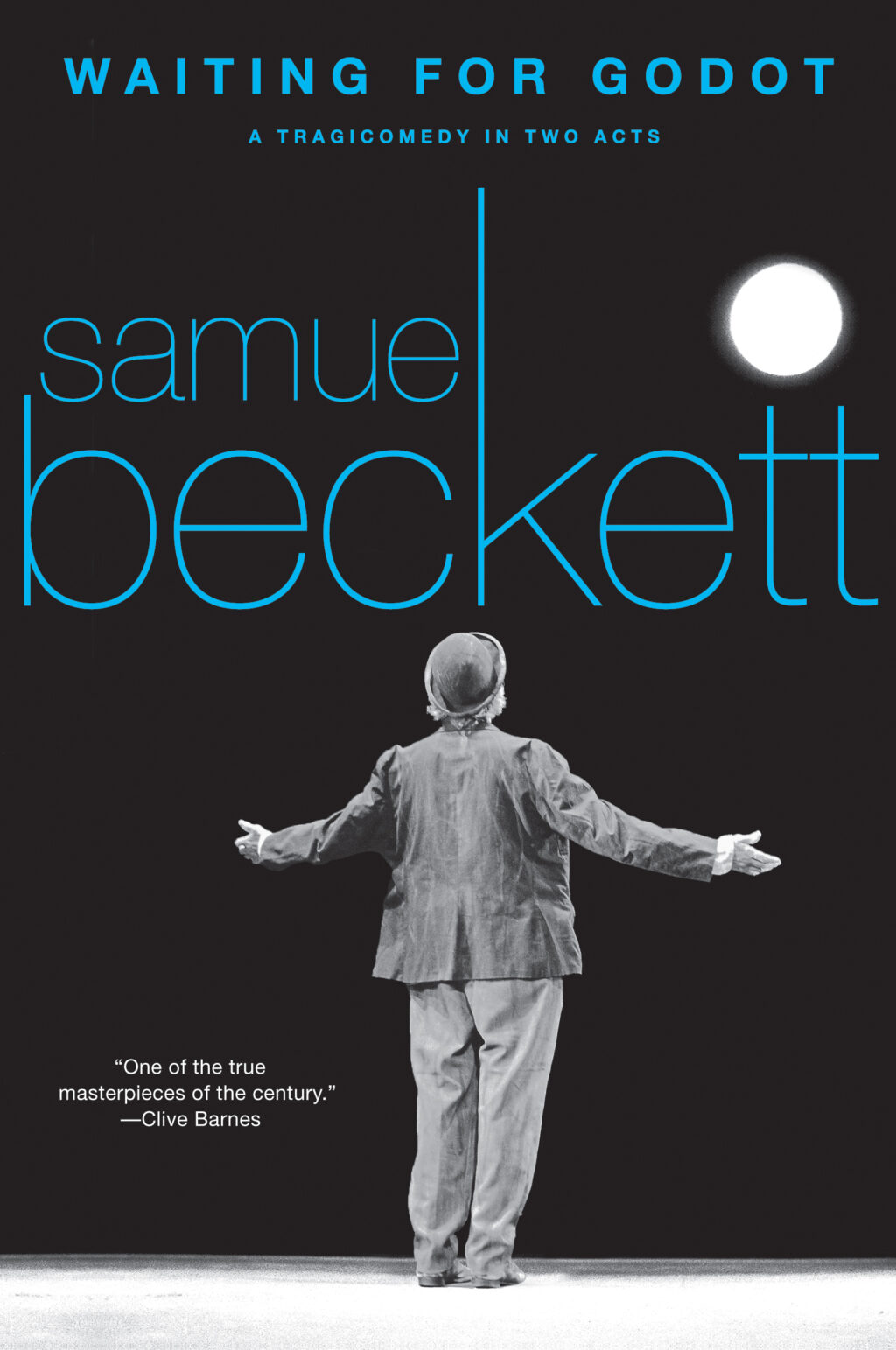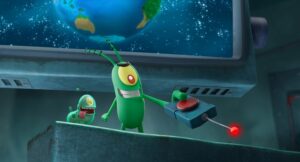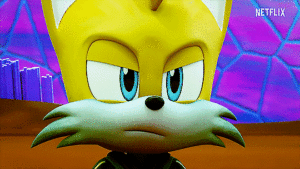Waiting for Godot (1953)

…………………………………………………
Waiting for Godot Book Review
Waiting for Godot is a 1953 play by Irish playwright Samuel Beckett. It is one of the most iconic plays of all time and one that still is very interesting to discuss.
………………………………………………….
“Let’s go.
We can’t.
Why not?
We’re waiting for Godot“
………………………………………………….
………………………………………………….
I read the text version of this play and I found it to be repetitive, but definitely impactful. It is one of those stories that only become more and more meaningful after you’ve experienced it, which signals its importance and greatness. In it, two men named Vladimir and Estragon engage in a variety of discussions and encounters while awaiting the titular Godot, who never arrives. That is the basic concept behind this seemingly very simple, but rather thematically rich story.
Clearly one of the main influences on Beckett was Camus himself, especially in the theater of the absurd. There is so much absurdist humor on display here, especially as it relates to the characters’ silly behavior and their lines of dialogue. The absurd and almost fantastical nature of this story is the main reason why it has remained a classic to this day.
Another Camus influence is present in the theme of existentialism that borders on nihilism as we see these characters wait and experience boredom while also verging on the idea of committing suicide. Life for many people is full of repetitious, boring and pointless actions, thus the repetitive nature of the play itself functions as a mirror directed at our own lives, making for an equally disturbing and funny scenario.
………………………………………………….
………………………………………………….
Sitting somewhere in between a modern and a postmodern work, Waiting for Godot also depicts just how time can be experienced differently by everyone as we see characters constantly forget what time it is. There is also a depiction of humanity and lack thereof as explored through the characters of Pozzo and Lucky.
While I did like the simplicity of this story even in the small number of characters depicted, I did find these two secondary characters rather unimportant to the overall story and eventually unnecessary. Suffering and violence are explored through these two, but otherwise Vladimir and Estragon fared much better.
These two are instantly iconic literary creations. Their co-dependent dynamic made for a very toxic relationship that is reminiscent of an old married couple bickering with each other. Thus, there were many moments of great humorous exchange between the two that were delightfully funny and dark at the same time. The juxtaposition of their differing personalities was also interesting as one is more intellectual while the other is more concerned with physical pleasures.
………………………………………………….
………………………………………………….
Waiting for Godot is striking in its minimalist imagery where we only witness one tree and field and that is pretty much it. This minimalism and simplicity made for elegant, timeless storytelling, but the repetition of its structure, pacing and dialogue did significantly impact my enjoyment of the story and at times I got bored with it to be honest. While the absurd and funny lines of dialogue were interesting and memorable, at times I wished for more sophisticated dialogue and arguments that were sorely missing most of the time.










